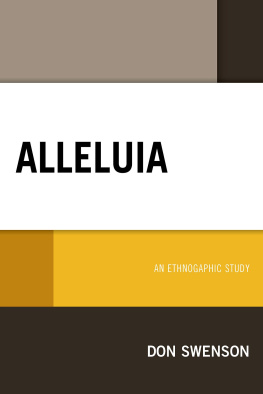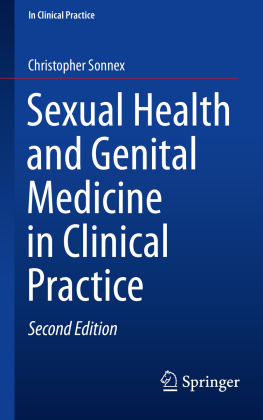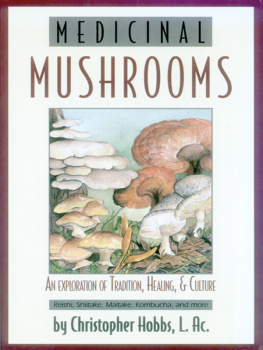Christopher Dye - The Great Health Dilemma
Here you can read online Christopher Dye - The Great Health Dilemma full text of the book (entire story) in english for free. Download pdf and epub, get meaning, cover and reviews about this ebook. year: 2021, publisher: OUP Oxford, genre: Politics. Description of the work, (preface) as well as reviews are available. Best literature library LitArk.com created for fans of good reading and offers a wide selection of genres:
Romance novel
Science fiction
Adventure
Detective
Science
History
Home and family
Prose
Art
Politics
Computer
Non-fiction
Religion
Business
Children
Humor
Choose a favorite category and find really read worthwhile books. Enjoy immersion in the world of imagination, feel the emotions of the characters or learn something new for yourself, make an fascinating discovery.
- Book:The Great Health Dilemma
- Author:
- Publisher:OUP Oxford
- Genre:
- Year:2021
- Rating:3 / 5
- Favourites:Add to favourites
- Your mark:
- 60
- 1
- 2
- 3
- 4
- 5
The Great Health Dilemma: summary, description and annotation
We offer to read an annotation, description, summary or preface (depends on what the author of the book "The Great Health Dilemma" wrote himself). If you haven't found the necessary information about the book — write in the comments, we will try to find it.
The Great Health Dilemma — read online for free the complete book (whole text) full work
Below is the text of the book, divided by pages. System saving the place of the last page read, allows you to conveniently read the book "The Great Health Dilemma" online for free, without having to search again every time where you left off. Put a bookmark, and you can go to the page where you finished reading at any time.
Font size:
Interval:
Bookmark:

It may seem self-evident that prevention is better than cure, but we seldom act as if we believed it. In this brilliant work, Christopher Dye describes the many ways prevention is undervalued in comparison to its demonstrable benefits. Everyone who cares about the publics healthand their ownhas much to gain from absorbing Dyes lessons.
Harvey V. Fineberg, President, Gordon and Betty Moore Foundation
In a chapter on unlikely disasters, Chris Dye explores pandemic preparedness as a highly topical example of prevention. Invoking principles used throughout the book, he argues that Covid-19 should be seen not as an isolated, once-in-a-lifetime event, but rather as one among hundreds of outbreaks of infectious diseases that are recorded each year. Borrowing ideas from the insurance industry, he suggests pooling all risks and sharing the costs to fund the development of generic platform technologies precursors for diagnostics, therapeutics and vaccines that can be into called into action to combat a wide variety of pathogens as they emerge. This is a book for all who are concerned about the disruption of our planet, and about the increased opportunities that it creates for emergence of infectious pathogens at the animal/human interface.
David L. Heymann, Professor, Infectious Disease Epidemiology, London School of Hygiene and Tropical Medicine
By incisively dissecting the dialectical relationship between prevention and treatment of illness, Chris Dye has laid bare one of the great contradictions in health. His razor-sharp analysis unravels the complexity of our values and choices that has seen prevention remaining a poor neglected cousin of treatment. A truly enlightening book - a must-read!
Salim S. Abdool Karim, CAPRISA Professor of Global Health, Department of Epidemiology, Mailman School of Public Health, Columbia University
Using the example of TB, Chris Dye explains that by addressing the underlying risk factors and determinants for the disease, one would in fact be preventing a host of other health conditions and improving wellbeing. While biological and immunological reasons make finding a vaccine for TB challenging, we should also be addressing environmental, economic, and social risk factors for ill health.
Soumya Swaminathan, Chief Scientist, World Health Organization

Great Clarendon Street, Oxford, OX2 6DP,
United Kingdom
Oxford University Press is a department of the University of Oxford. It furthers the Universitys objective of excellence in research, scholarship, and education by publishing worldwide. Oxford is a registered trade mark of Oxford University Press in the UK and in certain other countries
Oxford University Press 2021
The moral rights of the author have been asserted
Impression: 1
First Edition published in 2021
All rights reserved. No part of this publication may be reproduced, stored in a retrieval system, or transmitted, in any form or by any means, without the prior permission in writing of Oxford University Press, or as expressly permitted by law, by licence or under terms agreed with the appropriate reprographics rights organization. Enquiries concerning reproduction outside the scope of the above should be sent to the Rights Department, Oxford University Press, at the address above
You must not circulate this work in any other form and you must impose this same condition on any acquirer
Published in the United States of America by Oxford University Press
198 Madison Avenue, New York, NY 10016, United States of America
British Library Cataloguing in Publication Data
Data available
Library of Congress Control Number: 2020952931
ISBN 9780198853824
eISBN 9780192595461
DOI: 10.1093/oso/9780198853824.001.0001
Oxford University Press makes no representation, express or implied, that the drug dosages in this book are correct. Readers must therefore always check the product information and clinical procedures with the most up-to-date published product information and data sheets provided by the manufacturers and the most recent codes of conduct and safety regulations. The authors and the publishers do not accept responsibility or legal liability for any errors in the text or for the misuse or misapplication of material in this work. Except where otherwise stated, drug dosages and recommendations are for the non-pregnant adult who is not breast-feeding
Links to third party websites are provided by Oxford in good faith and for information only. Oxford disclaims any responsibility for the materials contained in any third party website referenced in this work.
If I were you, I wouldnt start from here.
Directions allegedly given to a destination in Ireland.
The proverbial benefits of prevention over cure are, on the face of it, self-evident. A healthy life is one spent free of illness, and in full fitness, until the moment of death. That is surely better than struggling against acute, chronic, or recurrent bouts of sickness. Based on that sentiment, it is no surprise that the preference for prevention over cure has been expressed, in assorted ways, throughout human history.
But if prevention is so desirable why, paradoxically, do we invest so little in staying healthy and so much on curing illness?
Health professionals argue that we should spend much more than 3% based on a large volume of economic analysis, which finds that prevention is often cost-effective and sometimes even cost-saving.
Across the European Union in 2015, around 570,000 deaths (out of 1.7 million deaths in people under 75 years) could have been avoided if healthcare systems had offered timely and effective medical treatments. But many more deathsover a millioncould have been avoided by better prevention and public health.
The benefits of prevention come from avoiding hazards from the environment (such as polluted water and unsafe sanitation), from metabolic To the extent that these factors can be modified, they should be targets for preventing ill health.
Such facts about the preventable causes of illness and death, and many more like them, are frequently recited. Less thoroughly studied, with a few notable exceptions, The pathway to better prevention comes, not from insisting that it is the right course of action, but from understanding why many people behave as if it is not, and why they might change their minds.
The paradox of disease prevention is actually the dilemma faced by any organism carrying any assets into an uncertain future. With regard to human behaviour, the dilemma implies that we want to know, not merely that prevention and treatment are options, but what motives lead to the choice of one over the other. Rational does not necessarily require conscious decision making by a selfish Homo economicus exercising free will (Econs, as Richard Thaler called them). It suggests that the observed choicesthe product of biological, behavioural, and cultural evolutionare made because they confer an advantage, and that they are susceptible to reasoned explanation, even if the reasons are not immediately obvious (at first sight irrational). This is a book about humans rather than Econs.
In making a better case for investing in good health, unreasoned advocacy for safer and healthier lifestyles is generally unpersuasive. The rhetorical view, for instance, that salus populi suprema lex (public health must be the highest law) resonates mostly with those who already agree.
Font size:
Interval:
Bookmark:
Similar books «The Great Health Dilemma»
Look at similar books to The Great Health Dilemma. We have selected literature similar in name and meaning in the hope of providing readers with more options to find new, interesting, not yet read works.
Discussion, reviews of the book The Great Health Dilemma and just readers' own opinions. Leave your comments, write what you think about the work, its meaning or the main characters. Specify what exactly you liked and what you didn't like, and why you think so.

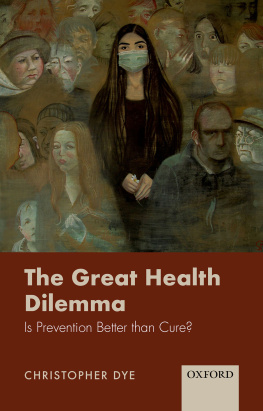

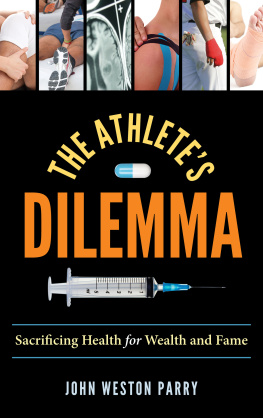
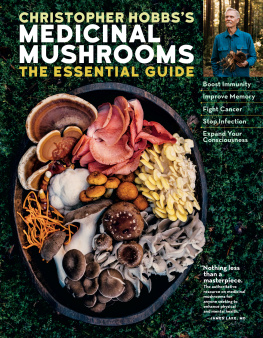

![Christopher R. Gabel - Great Commanders [Illustrated Edition]](/uploads/posts/book/291126/thumbs/christopher-r-gabel-great-commanders.jpg)
